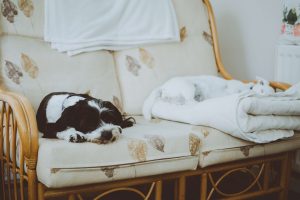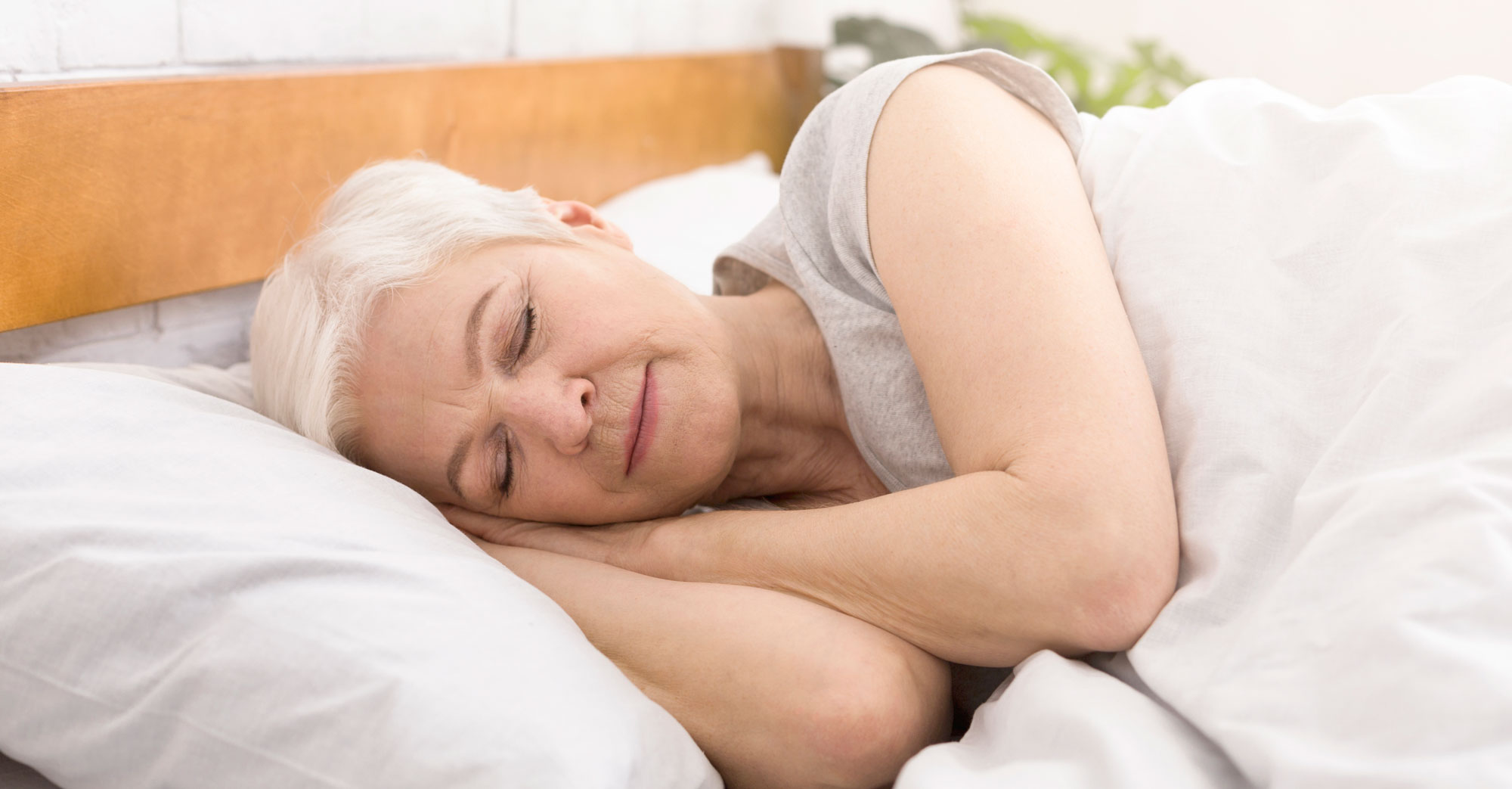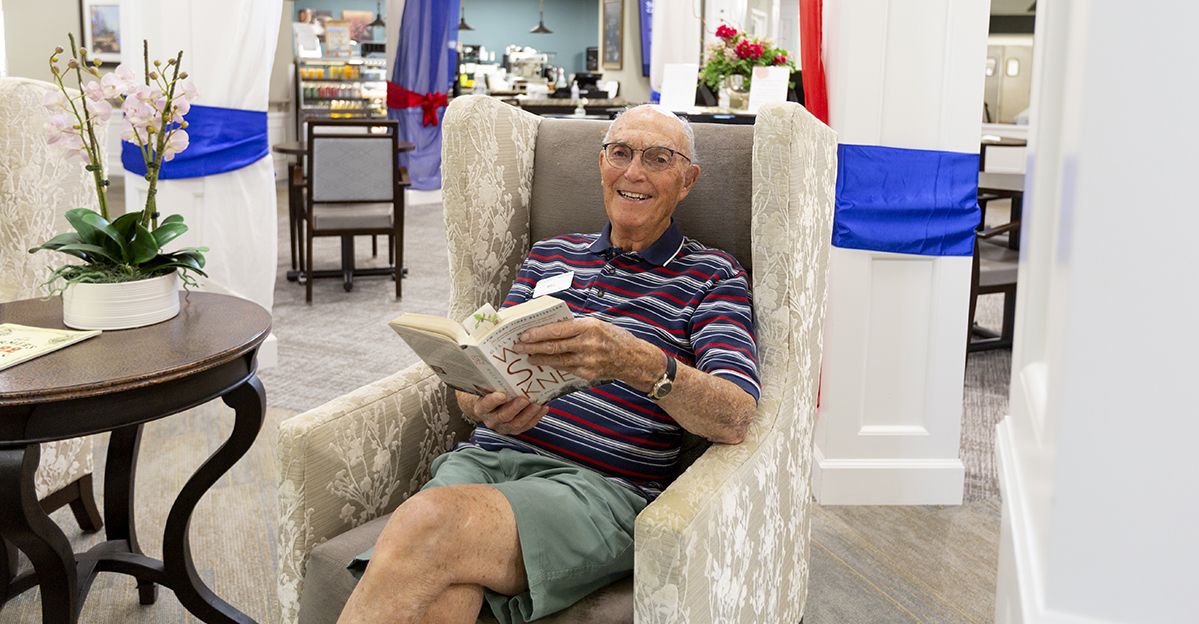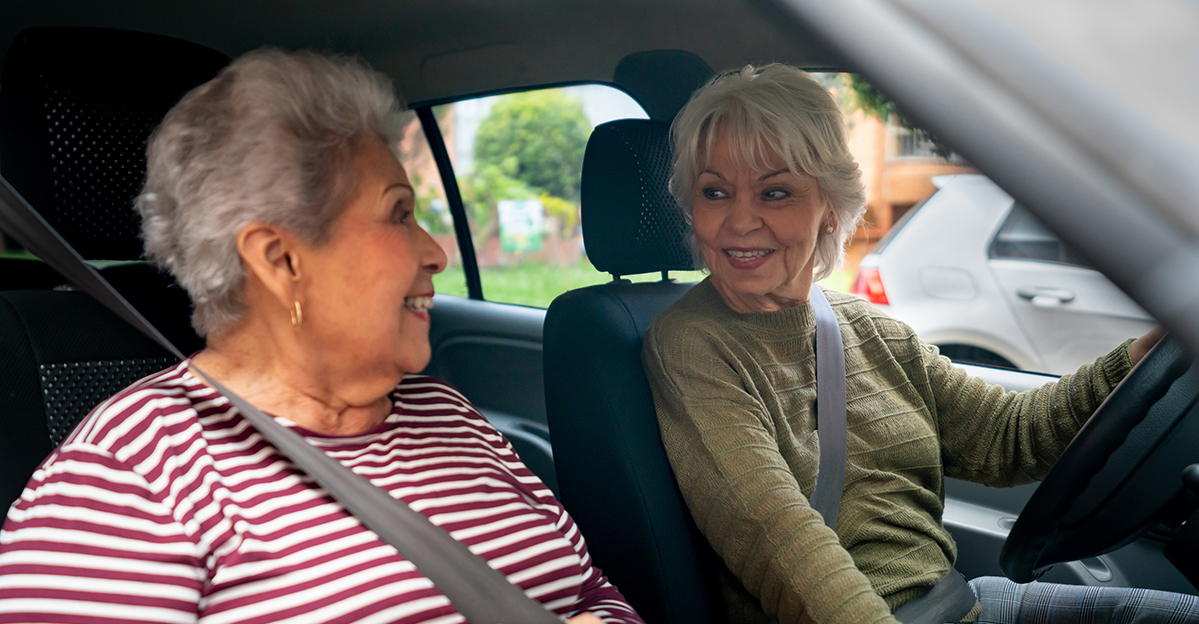Changes to our sleep patterns are a normal part of the aging process. According to the National Sleep Foundation, needing less sleep as we get older is a common misconception. In fact, studies show that our sleep needs remain consistent throughout adulthood. So why do many seniors feel like they are getting less sleep? Here are a few ways our sleep changes as we age.
Less Time In Deep, Dreamless Sleep
On average, the sleep cycle consists of a few parts; dreamless periods of light and deep sleep, and occasional periods of active dreaming or REM sleep. This cycle is repeated throughout the night. According to the U.S National Library of Medicine, seniors spend less time in deep, dreamless sleep and wake up an average of 3 to 4 times each night. Disruptions in the sleep cycle can be characterized by difficulty falling asleep or difficulty staying asleep throughout the night. Other sleep changes include:
- Needing to use the bathroom (Nocturia)
- Anxiety
- Discomfort or pain from long-term chronic illnesses
Insomnia
Insomnia for seniors is very common with almost 50% of people 60 and older experiencing it. Often times, insomnia can be caused be triggered by medications, sleeping habits or sleep environments. Symptoms of insomnia include:
- Taking more than 30-45 minutes to fall asleep at night
- Having trouble staying asleep all night
- Feeling drowsy, tired or exhausted during the day
- Difficulty concentrating in the daytime
If you are experiencing any of these symptoms, talk to your health professional to ensure proper treatment can be administered.
Snoring And Sleep Apnea
For many seniors, sleeping less or changes in your sleep can be caused by sleep disturbances like snoring and sleep apnea. Snoring is commonly caused by being overweight and tends to get worse with age. While snoring doesn’t always lead to sleep apnea, it’s important to let your doctor know if you do snore, as in many cases sleep apnea stems from snoring. Sleep apnea is characterized by the sudden start and stop of breathing during sleep. If left untreated, sleep apnea can cause more health issues like cardiovascular disease, headaches, memory loss and depression. For many people, a sleep aid breathing machine helps to regulate the air and blood flow in the body and can help with the unpleasant side effects.
 Ways to Get Better Sleep as We Age
Ways to Get Better Sleep as We Age
Although changes to our sleep patterns are a natural part of aging, a good night’s sleep is still important. It helps improve concentration, as well as allows your body to repair any cell damage that occurred during the day and refresh your immune system. If you’re struggling with a good night’s rest, here are some tips to help you sleep longer:
- Avoid caffeine for at least 3 to 4 hours before bed
- Don’t take long naps during the day (Limit any naps to 15-30 minutes)
- Exercise moderately in the afternoon
- Try to go to bed at the same time every night and wake up at the same time every morning
- Keep your bedroom dark, cool and comfortable
Partnering With CorsoCare To Serve Seniors
CorsoCare, a preferred third-party provider of StoryPoint Group, offers seniors more than high-quality care services — seniors also gain a dedicated partner in their health journey.
Whether seniors need expert medical support at home, compassionate end-of-life care, or assistance with daily activities, CorsoCare provides personalized, compassionate care to enhance the quality of life at every stage.
Click here for additional resources and to learn more about CorsoCare.











